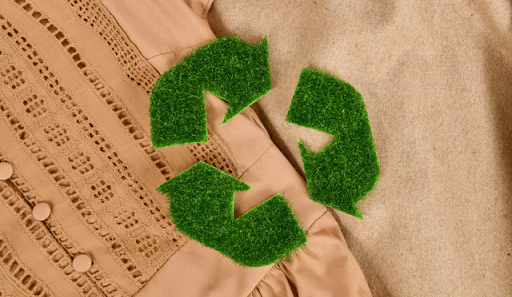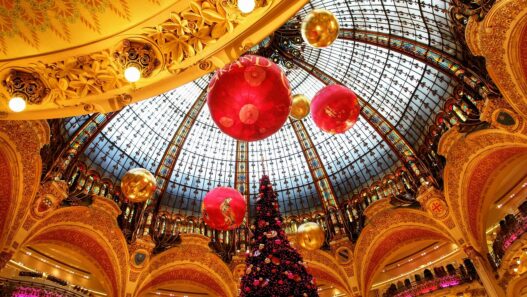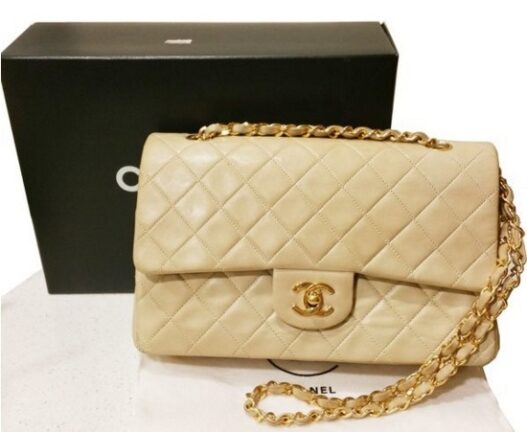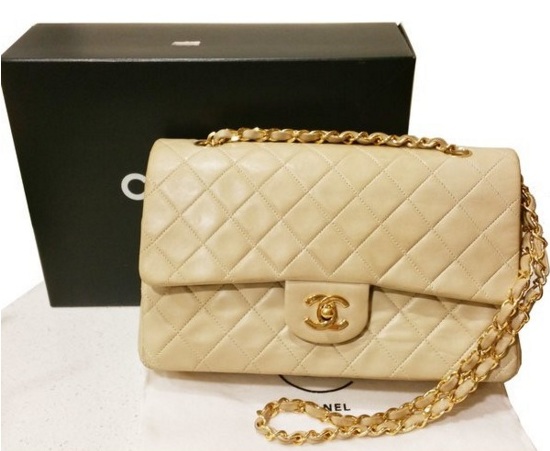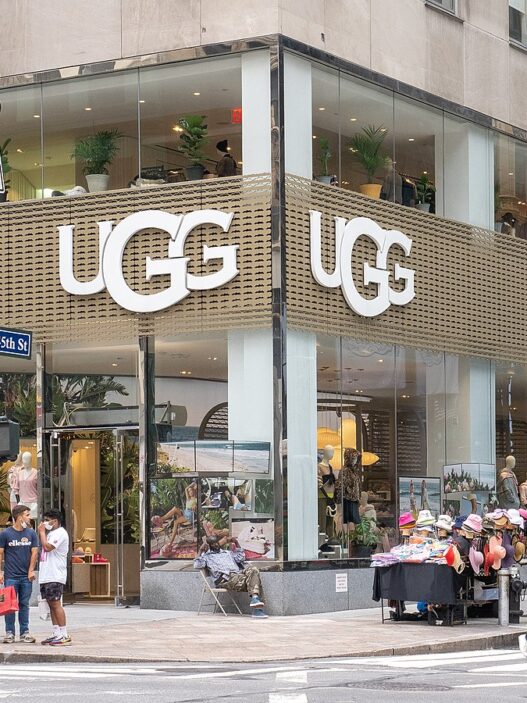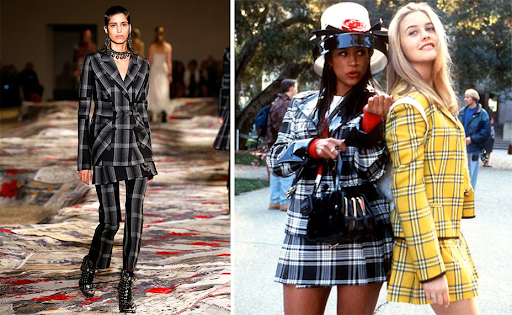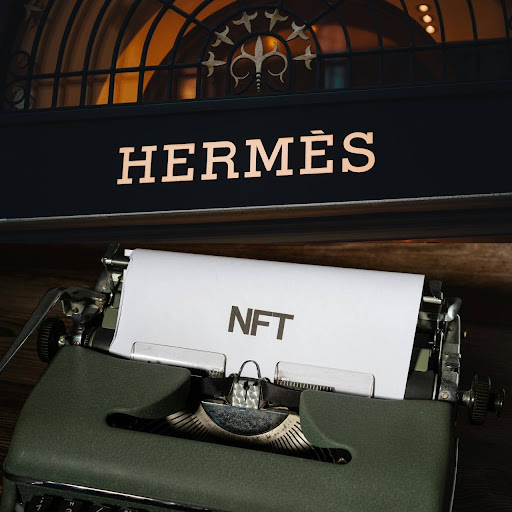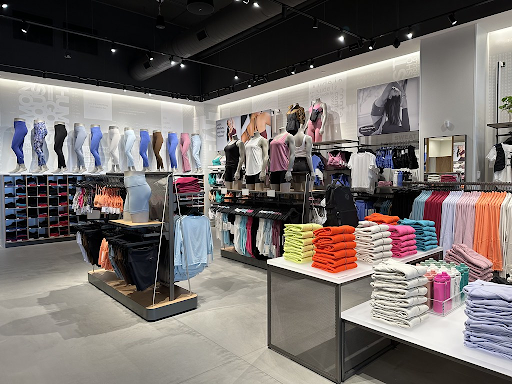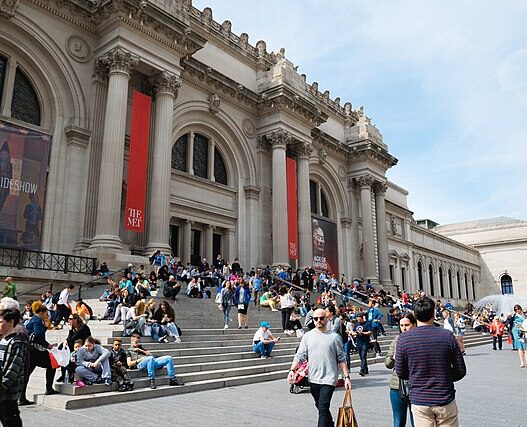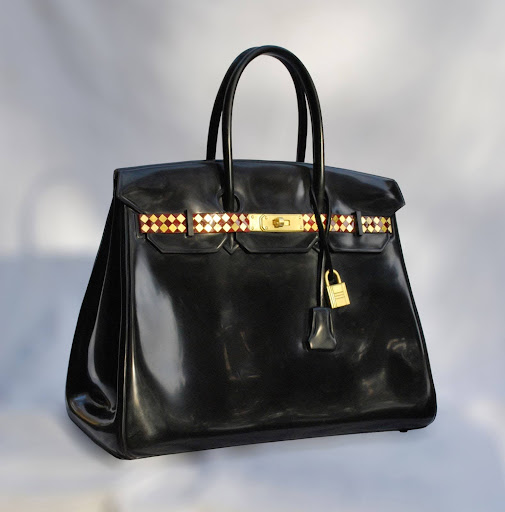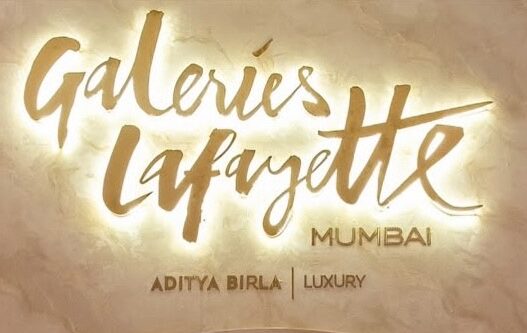Chanel is notoriously known for their luxury items; from fabulous bags to romantic jewelry, they are legendary in the fashion industry. The iconic interlocking double-C logo is their trademark, a symbol of sophistication and luxury. Whether it’s how it adorns London’s lampposts, sparking rumours of a romance between Coco Chanel herself and a Duke of Westminster, or the bag on the chic socialite on the streets of New York, the logo is easily recognized all across the globe.
For the resale industry, “dupes” are all the rage. For consumers, they’re cheaper, accessible, and realistically, who’d be able to tell? Finding an affordable alternative to your favourite pricey handbag which imitates the look almost to a T, or a replica of the tweed skirt you’ve had your eye on for months, down to the designer logo on the front — isn’t this just the dream?
I wish. Turns out, the cons outweigh the pros on this one.
With their own logo being plastered not only on counterfeit handbags but also on various unreleased and display-only items, Chanel decided to take action against “vintage” luxury reseller, What Goes Around Comes Around (WGACA), in 2018.
Legal Issues & The Ruling
There were several allegations Chanel lodged against WGACA, LLC, What Comes Around Goes Around (WCAGA) LLC, What Goes Around Comes Around (WGACA), MHW Properties, Inc., WGACA WEB, LLC, Pines Vintage, INC., Vintage Designs LTD., WCAGA LA, LLC, and Co-Founders Seth Wisser and Gerard Maione in the U.S. District Court for the Southern District of New York. Notably, the fact that they had sold over 700 fraudulent Chanel items, their esteemed handbags in particular. Many, if not all, Chanel counterfeits were being sold through stolen serial numbers — so it seemed entirely legit.
In 2024, after nearly six years of battling against trademark infringement, unfair competition, false advertising, and false association, amongst several other violations, Chanel won the case.
The final verdict was that WGACA was, in fact, liable for trademark infringement, and Chanel was awarded $4 million in statutory damages. Despite the ruling, Seth Weisser, Co-Founder of WGACA, insisted that the company never sold “counterfeit” items, and instead sold authentic Chanel items that were merely voided in Chanel’s database.
What made these items “counterfeit”?
Ever taken a look at the tag on your favourite coat? How about the one inside your handbag? Seen a long alphanumeric code-like text on it? That’s a serial number. This distinguishes and certifies each and every item produced and distributed by a brand. However, although just a code, if anything happens to compromise it, it will be voided. Voided serial numbers are essentially nulled, and render the items they’re attached to as obsolete, their value obliterated, and authenticity compromised.
Chanel accused the items WGACA were selling of being counterfeit because the serial numbers of many of their items were, in fact, hailing from batches of those which had been stolen. While not fake per se, WGACA contended that the items sold were indeed manufactured by the brand.
So, they couldn’t possibly be falsely advertising their products if what they were selling was, in fact, Chanel… could it?
The answer is simple: no. Since stolen serial numbers are voided and are therefore inauthentic, every item with a nullified serial number in Chanel’s database is not a Chanel product. It doesn’t matter whether it was manufactured or produced under Chanel. Not a registered serial number? Not an authentic product.
Implications
This case was certainly a warning to many resellers and the resale market in general. The win from Chanel begs the question as to whether the resale industry is truly trustworthy. A lot of the time, when Chanel enthusiasts buy fraudulent items, they haven’t a single clue. The resale market is encouraged to amplify its authentication processes for the luxury items they are selling. WGACA claimed they could not have known which items were voided. For resale, authentication should include thorough processes to verify all items being sold. For those continuing to sell counterfeits, they will undoubtedly up their quality game. Detection is hard, but it’s about to get even harder.
Some of the sold items ended up being bags that Chanel did, indeed, manufacture, but were never released. Despite these claims, what they were doing was illegal. This reminded plenty of resellers all around the world that there is a very thin line between reselling lawfully and selling counterfeits.
In fact, did you know they’re illegal?
Yep. That’s right. The distribution of counterfeit goods, including apparel and accessories, is illegal! The administration of these fraudulent items violates intellectual property rights, infringes trademarks and copyrighted material, and holds the power to deface a brand’s image.
Possession of fake items may also get you into legal trouble. While not as severe as the consequences of distribution, there is a hefty price to pay at numerous border controls around the world — not just dollars, but confiscation.
So, Counterfeits: Worth It?
In an economy of “dupes” and substitutes for staple pieces from your favourite high-end brands, it seems like an affordable way to attain the look of luxury.
But, the short answer? No. They aren’t. While replicated in appearance, who’s to say it won’t wear out quickly? Or perhaps at first glance, it is evidently not as sturdy and pristine as an authentic item. The quality, however, is not the only con of counterfeits. As mentioned, in addition to being illegal to distribute, possession of a counterfeit item does, in fact, lead to repercussions. Institutions such as the National Fraud Intelligence Bureau in England encourage consumers to spend their money on authentic brands, due to the detection of the relationship between fake second-hand purchases and more serious crime.
Undermining the intellectual property rights of revered brands won’t come without consequences. It’s not just Chanel—Gucci, Louis Vuitton, all of your favourite brands all over the world are taking on initiatives to prevent fraudulent buys, and make them easier to detect.
Whether it’s revolutionizing the fashion industry or changing the course of women’s fashion, Chanel is constantly setting their foot down. This time around, Chanel refused to waver in their integrity. So, if you’re going to buy luxury, buy it right! You’ll feel all the more rewarded in the end when you’ve got authentic Chanel in your closet.




